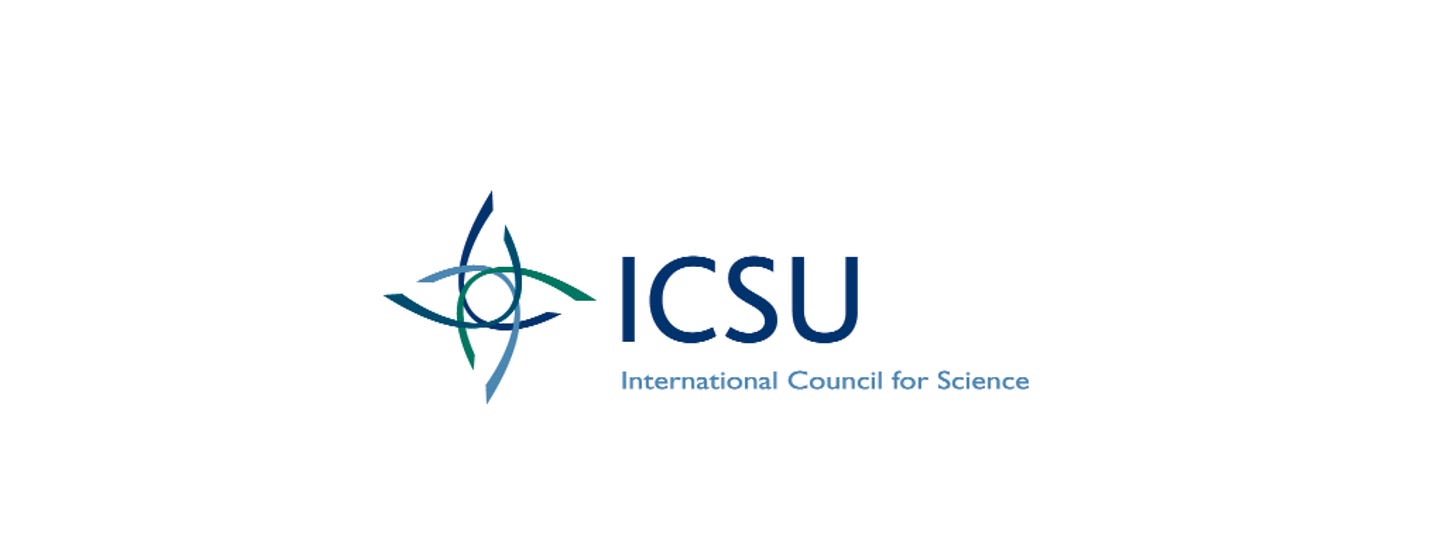The Best Available Science
I’m sure that you’ve questioned the validity of ‘science’ for a while. Certainly since the arrival of the scamdemic. And there just might be a very valid reason as to why that is. Let’s kick off with a report; ‘ICSU and Sustainable Development: 1991 - 2006 and beyond‘1, which was released by the ICSU themselves.
I first became aware of the ICSU, when I discovered the SCOPE 3 report about a month back. To put it mildly, reading that report confirmed that not only was the state of global surveillance as bad as I thought, it was in fact worse, with initiatives I hadn’t even thought of, actively debated back around the time I was born. In fact, SCOPE launched following the 1968 Use and Conservation of the Biosphere conference.
But - imagine my surprise - when I discovered that not only did the ICSU found SCOPE, but they in fact also founded the International Biosphere Programme in 1964, and their output sure came in handy at that conference in 1968 -
Thing is, those two - SCOPE and IBP - are not the exception, but rather the rule.




